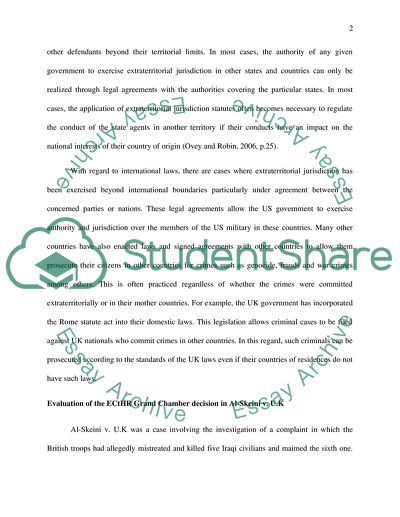Cite this document
(“Internationa human rights law Essay Example | Topics and Well Written Essays - 1500 words”, n.d.)
Internationa human rights law Essay Example | Topics and Well Written Essays - 1500 words. Retrieved from https://studentshare.org/law/1595787-internationa-human-rights-law
Internationa human rights law Essay Example | Topics and Well Written Essays - 1500 words. Retrieved from https://studentshare.org/law/1595787-internationa-human-rights-law
(Internationa Human Rights Law Essay Example | Topics and Well Written Essays - 1500 Words)
Internationa Human Rights Law Essay Example | Topics and Well Written Essays - 1500 Words. https://studentshare.org/law/1595787-internationa-human-rights-law.
Internationa Human Rights Law Essay Example | Topics and Well Written Essays - 1500 Words. https://studentshare.org/law/1595787-internationa-human-rights-law.
“Internationa Human Rights Law Essay Example | Topics and Well Written Essays - 1500 Words”, n.d. https://studentshare.org/law/1595787-internationa-human-rights-law.


